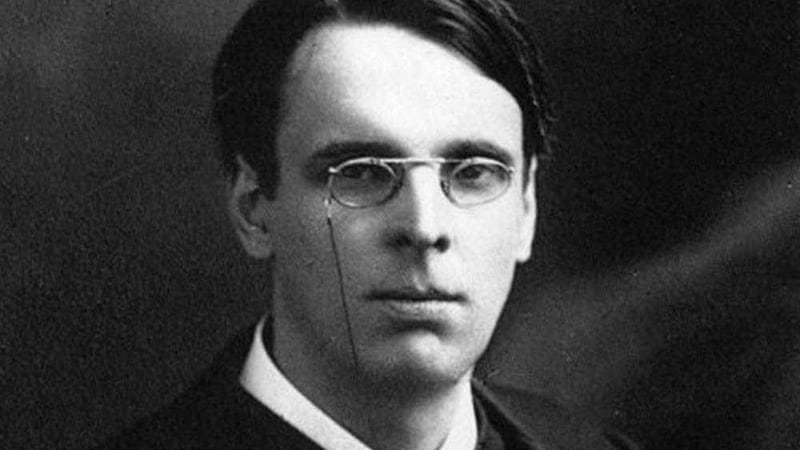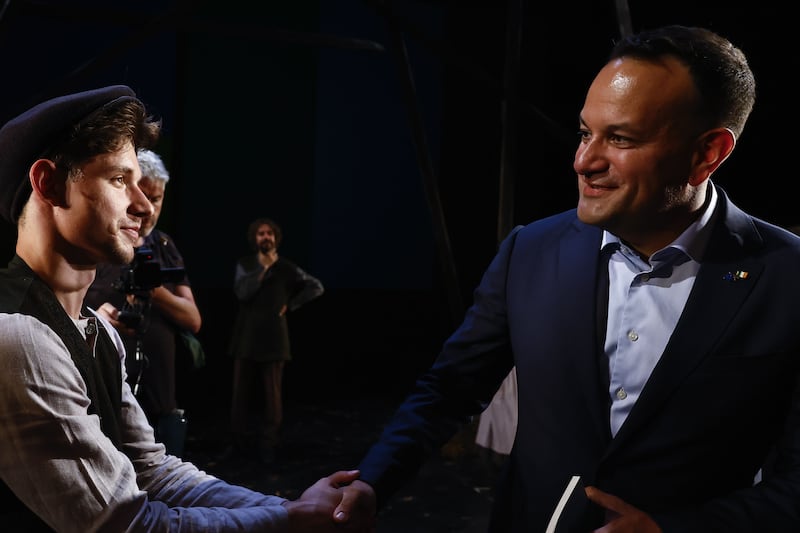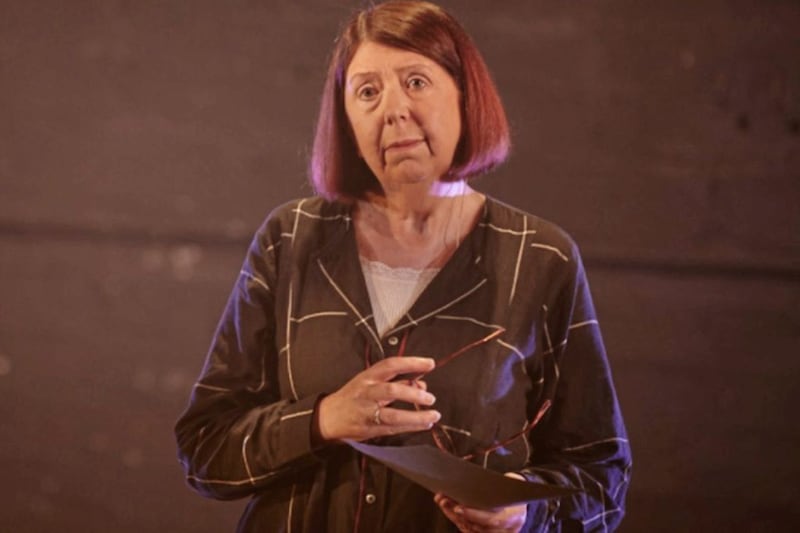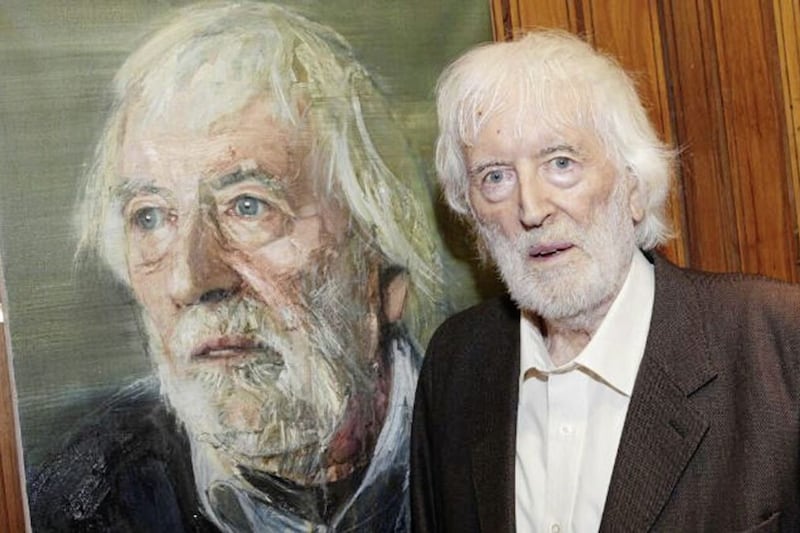BOOK OF THE WEEK
The Abbey Rebels of 1916 – A Lost Revolution by Fearghal McGarry, published by Gill and Macmillan
THE notion that the events that led to the Easter 1916 Rising were driven as much by a cultural revival as by social and economic factors is a recurring theme among historians.
The Irish language movement of the late 19th century, the codification of Gaelic games under the auspices of the GAA and the ‘Celtic Twilight’ literary movement all fed into the cultural narrative. WB Yeats, Lady Gregory and George ‘AE’ Russell (who all came from the Protestant Anglo Irish tradition) were to the fore of the literary revival that rolled into the 20th century.
McGarry quotes Russell: “Dublin bristled with little national movements of every conceivable kind; cultural, artistic, literary, theatrical, political. I suppose a generation arriving amidst the bickering of parliamentarians, of Parnellites and anti-Parnellites had turned from politics and begun at last to seek a national expression elsewhere.”
In 1904 Yeats and Lady Gregory founded the Abbey Theatre in Dublin with a manifesto “to bring upon the stage the deeper emotions of Ireland”. They had written the nationalistic-themed Cathleen Ni Houlihan in 1902 and years later in his poem The Man and Echo, Yeats wondered: “Did that play of mine send out/Certain men the English shot?”
McGarry focuses on some of the lesser known figures from the early days of the Abbey who fought in the Rising – carpenter Barney Murphy and usherette Nellie Bushell, as well as Sean Connolly, the first rebel to die in the Rising and Peadar Kearney, who wrote the words to A Soldier’s Song.
McGarry contends that the Abbey subsequently lost the revolutionary zeal that inspired a national consciousness and led to rebellion, and in the years after Partition the Abbey’s productions reflected the conservatism of De Valera’s Ireland.
Beautifully presented with accompanying contemporary photographs, posters, reproduced letters and documents as primary source material, this contribution from McGarry, reader in Irish history at Queen’s University Belfast, will hopefully set the tone for a wider debate into the events that led to 1916 and how they resonated through subsequent decades.
Tony Bailie
Midnight Sun by Jo Nesbo, published in hardback by Harvill Secker
HARRY Hole did so much to establish Jo Nesbo as an international force in crime fiction, that he was always going to be a tough act to follow. Nesbo's departures with Headhunters and The Son showed that he was more than just the latest Scandinavian star of the genre. But Midnight Sun lets him down.
There is something just not quite Jo Nesbo about the tale of a flawed hitman who can't quite pull off the job he he's lined up to do. A bit like the shooter whose trigger finger fails him, this story of on-the-run Jon leaves the reader searching for something more.
Unlike the sun which never sets, this plot sinks quickly and never quite resurfaces as Jon, like Hole an anti-hero, fails to deliver as a character. Even his reason for choosing this job is something of a failure. The only endearing line is Jon's stop-start love affair with Lea, the central female character, and he does his best to mess that up.
Roddy Brooks
Christmas On Primrose Hill by Karen Swan, published by Pan
UNASSUMING charity worker Nettie finds herself caught up in a media storm following a misfired PR stunt, turning her into an unlikely viral star and global phenomenon.
Her new-found fame lands her in the throws of passion with a boy band hunk, but there is something much bigger that she desires – answers from the mother who disappeared from her life.
Swan's latest novel adds a seasonal theme to the tried and tested formula used by many chick-lit favourites before it. However, the Cinderella story has been done a million times over and there is nothing here to keep it fresh. The 'girl-next-door finds celebrity love interest' storyline is such a cliche, and with little substance to keep you interested, Swan basically presents us with 50 Shades Of Grey, without the sex.
Although funny in parts, Christmas On Primrose Hill is unoriginal and lacks pace, leaving you frustrated and disengaged. A very disappointing Christmas dud.
Holly McKenzie
CHILDREN'S BOOK OF THE WEEK
Confessions Of An Imaginary Friend: A Memoir by Jacques Papier as told to Michelle Cuevas, published by Simon & Schuster
MASSACHUSETTS-born author Michelle Cuevas brings us her latest children's book – in the form of the "autobiography" of her main character Jacques Papier. Jacques and his sister Fleur are the closest friends. They can read each other's minds. Well sort of.
But then, one day, Jacques overhears that Fleur has an imaginary friend she has never told him about. Jacques is extremely annoyed by this. He decides it is time to get an imaginary friend himself. Jacques tries to find one and fails badly. But he does not realise that Fleur's imaginary friend might be someone he knows all too well.
This book is heart-warming and heart-breaking all at the same time. But it is hilarious in places and a lovely idea. The storyline is good and the end is sweet. The characters have good personalities and it shows how mad some children's friends are.
Noah Sanders (aged 10)








